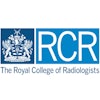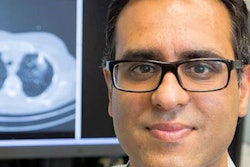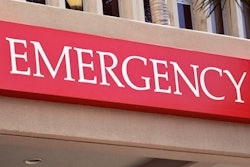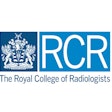The U.K. Royal College of Radiologists (RCR) is voicing its support for an ambitious plan to create 18 radiology networks across England but insists that the proposal will not solve the shortage of imaging resources.
National Health Service (NHS) England and NHS Improvement (NHSE/I) this week released its recommendation to initially develop 24 radiology networks, which are to be consolidated to 18 entities by 2023. The ultimate goal is to create a way for clinicians and radiologists to access images from any location and to create datasets for use in health research. Further details will be released as the plan proceeds.
"The strategy does an excellent job of setting the scene for radiology networks against the demands, aspirations, and operational direction of the health service," said Dr. Caroline Rubin, vice president for clinical radiology for the RCR, in a statement. "We know the lack of image sharing across hospitals is leading to reporting backlogs and delays and harm to patients. Networks will support out-of-hours scan reporting and faster access to specialist opinion -- as well as helping departments clear backlogs and cope when they are short-staffed because of leave and illness."
On the other hand, Rubin said that the radiology networks "will not be enough to sustain NHS imaging without more investment in radiologists, radiographers, and other imaging staff," especially in light of an anticipated 31% shortfall in the radiologist workforce by 2023, according to the organization. "The England-wide go-live of imaging networks will not change that," she said.



















